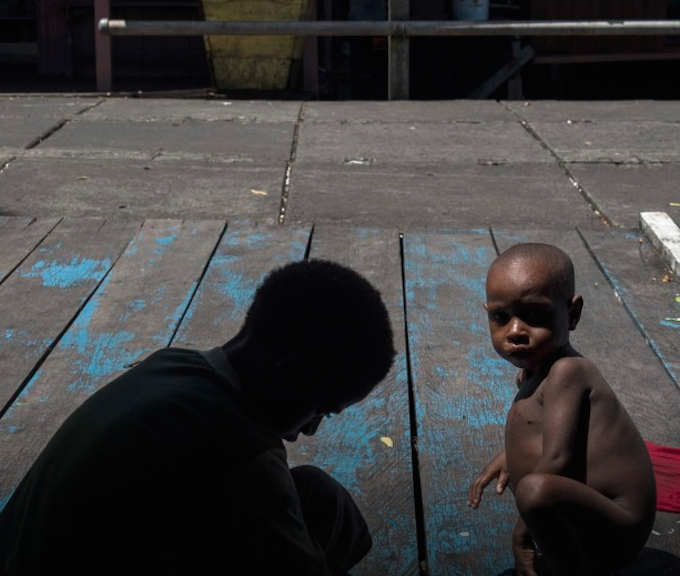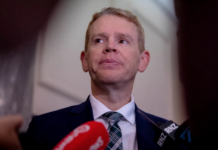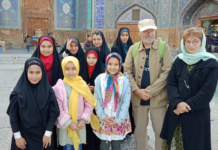
By Sheany in Jakarta
The United Nations High Commission for Human Rights plans to send a mission to Indonesia’s easternmost province of Papua following reports of abuses against its indigenous population.
“I am also concerned about reports of excessive use of force by security forces, harassment, arbitrary arrests and detentions in Papua,” UN High Commissioner for Human Rights Zeid Ra’ad al-Hussein told reporters during his three-day visit to Indonesia.
He added that the Indonesian government had extended an invitation to the UN to visit Papua — the country’s poorest region.
READ MORE: UN rights chief warns ‘intolerance’ and political extremism making inroads in Indonesia
“I think it’s important for us to go and see ourselves what is happening there … and I hope we can do this as soon as possible,” Al-Hussein said.
Accounts of rights violations in Papua have prompted concerns from activists and the larger international community.
The government was earlier accused of restricting access for foreign correspondents to the region.
President Joko “Jokowi” Widodo’s administration has prioritised development in Papua through massive infrastructure projects aimed at boosting the province’s economic growth.
More recently, dozens of Papuans – mostly children – died from malnutrition-related diseases in the province’s Asmat district.
The health crisis has led to allegations that the government’s focus on development in the region does not serve the welfare of its population.
“They [the UN] can visit Papua. I told them that if they find faults, we will take action [to address them],” Coordinating Maritime Affairs Minister Luhut Pandjaitan said after his meeting with Al-Hussein.
The UN human rights chief also warned of the “dark clouds” of political extremism and intolerance that are building over Indonesia.
Al-Hussein highlighted the blasphemy laws that were used to imprison Jakarta’s governor last year, and planned new legislation that will criminalise gay sex.
“If Muslim societies expect others to fight against Islamophobia, we should be prepared to end discrimination at home too,” said al-Hussein, who is Muslim.
Sheany is a journalist with the Jakarta Globe.











































